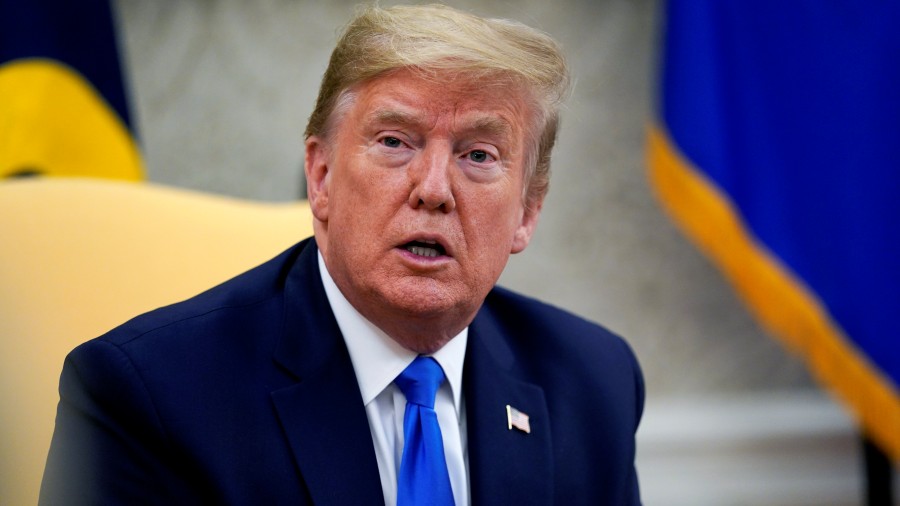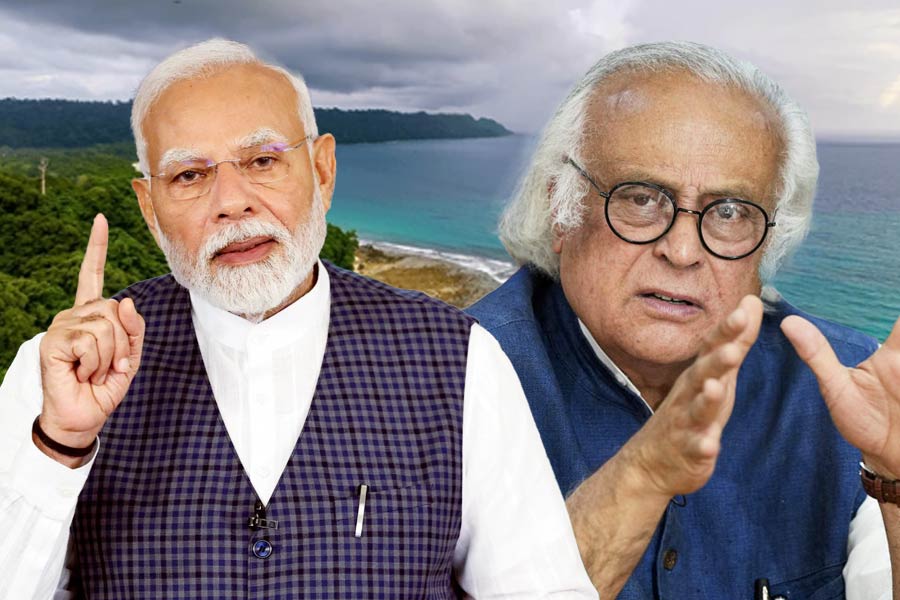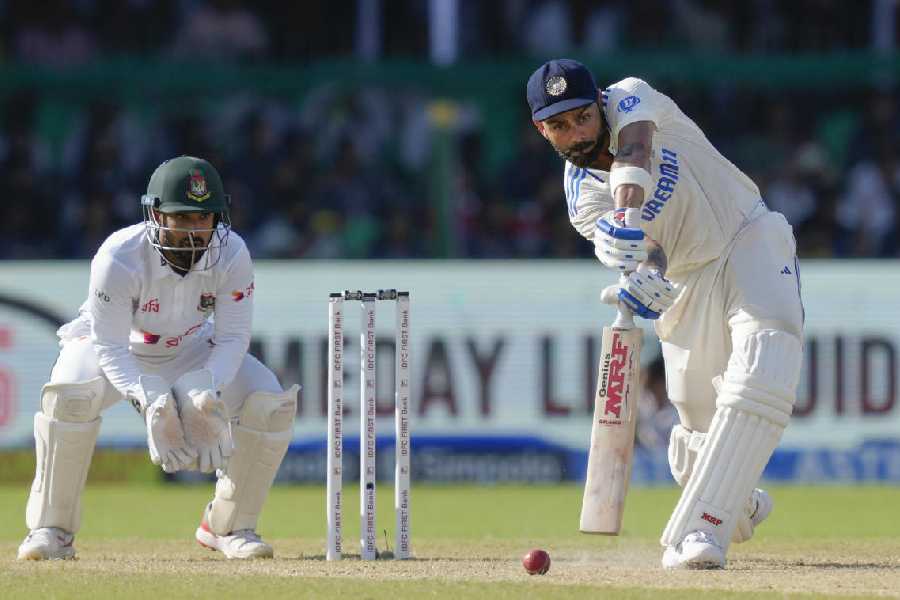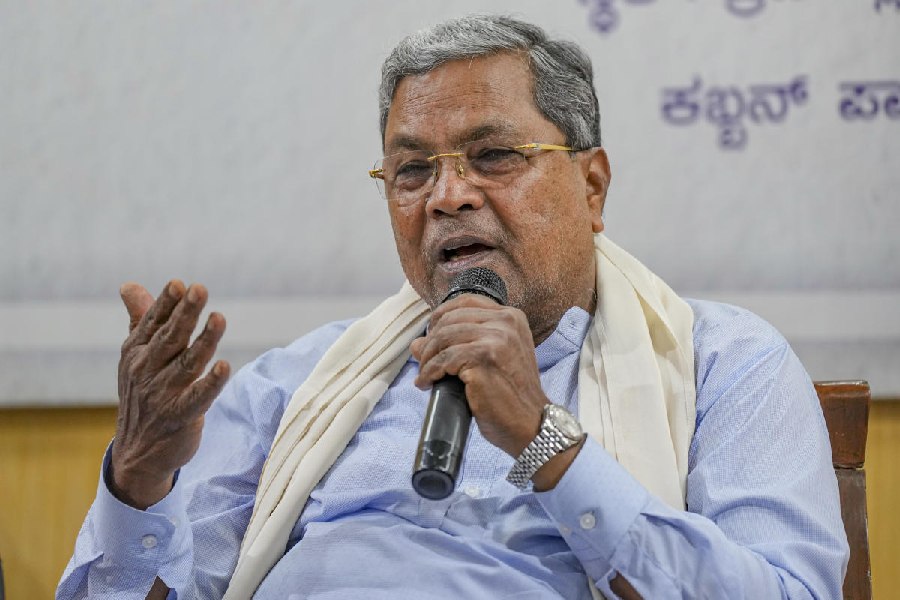Eight hundred days after Donald J. Trump left the White House, he became the first former President to start his morning as a criminal defendant.
A Manhattan grand jury voted to indict Trump on Thursday afternoon, and he is likely to be arraigned on Tuesday, when the charges against him will be formally unveiled.
Trump has been charged with more than two dozen counts, according to two people familiar with the matter. He still faces other investigations.
A Georgia prosecutor is in the final stages of an inquiry into Trump’s attempts to reverse the election results in that state. And his actions surrounding his 2020 electoral defeat, as well as his handling of sensitive documents, are the focus of a separate federal investigation.
Unlike those investigations, the Manhattan case stems from the period before Trump ascended to the White House, when he was striving for the presidency.
The Manhattan district attorney, Alvin L. Bragg, has charged him for his role in a hush-money payment to a porn star, Stormy Daniels, which prosecutors are expected to argue functioned as an illegal campaign donation.
In a statement on Thursday, Trump called Bragg, a Democrat, “a disgrace” and described himself as “a completely innocent person”.
The Manhattan district attorney’s office, which brought the charges, is focused on the former President’s involvement in the payment of hush money to Daniels, who said she had an affair with him.
Michael D. Cohen, Trump’s fixer at the time, made the payment during the final days of the 2016 presidential campaign.
While the facts are dramatic and the indictment explosive, the case against Trump could hinge on an untested legal theory.
A conviction is far from assured. At first, Daniels’s representatives contacted The National Enquirer to offer exclusive rights to her story.
David Pecker, the tabloid’s publisher and a longtime ally of Trump, had agreed to look out for potentially damaging stories about him during the 2016 campaign. But Pecker didn’t purchase Daniels’s story.
Instead, he and the tabloid’s top editor, Dylan Howard, helped broker a separate deal between Cohen and Daniels’slawyer. Cohen paid $130,000, and Trump later reimbursed him from the White House.
In 2018, Cohen pleaded guilty to a number of charges, including federal campaign finance crimes involving the hush money.
The payment, federal prosecutors concluded, amounted to an improper donation to Trump’s campaign.
When pleading guilty in federal court, Cohen said it was Trump who had directed him to pay off Daniels. The prosecutors also raised questions about Trump’s monthly reimbursement cheques to Cohen.
They said in court papers that Trump’s company “falsely accounted” for the monthly payments as legal expenses and that company records cited a retainer agreement with Cohen.
In New York, falsifying business records can amount to a crime, albeit a misdemeanour.
To elevate the crime to a felony charge, Bragg’sprosecutors must show that Trump’s “intent to defraud” included an intent to commit or conceal a second crime. In this case, that second crime could be a violation of election law.
While hush money is not inherently illegal, the prosecutors could argue that the $130,000 payout effectively became an improper donation to Trump’s campaign, under the theory that it benefited his candidacy because it silenced Daniels.
New York Times News Service


![Representational Image [In set: Chintu Verma]](https://assets.telegraphindia.com/telegraph/2024/Sep/1727712018_new-project-7.jpg)








